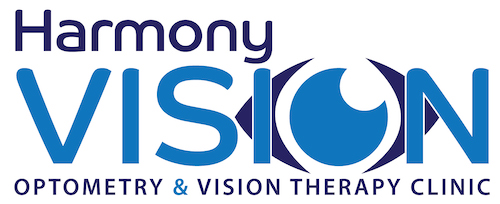Behavioural Optometry Q&A

Q What is Behavioural Optometry?
A. Behavioural Optometry is practiced by qualified optometrists, who have an interest in how the eyes work in conjunction with the whole body ie how visual behaviour interacts with everything we do.
Some of the principles behind this approach are drawn from the fields of neuroscience, cognition and how the brain learns. Vision is the least well developed sense at birth, yet it rapidly evolves to become the dominant processing sense by the time a child starts school. Although we are born with eyes, vision is a learned skill requiring very precise motor control and brain power. Therefore, vision is a learned behaviour or set of skills – hence the name Behavioural Optometry
Q. How is Behavioural Optometry different?
A. Traditionally, health problems are identified by looking at each body part or function separately. However, the brain and body do not function this way. Now, in the year 2020, science has proven this over and over. Instead, the brain will utilise the entire brain and body in a complex, unified way. Vision is a major part of this complexity and simply looking at a person’s eyes will limit the ability to understand a person’s visual process.
At Harmony Vision, our optometrists are interested in testing the visual skills that are important to a person’s learning, work and life. If you are a child, or a student, working or retired, your visual demands may be individual to you. This means an eye check should be tailored to YOU.
Q. Why did the teacher recommend a Behavioural Optometrist?
A. Teachers witness first-hand the impact that undetected vision problems have in a classroom. Some children will still have vision problems despite passing a school sight screening because the screenings are limited in which parts of vision are checked. Therefore, teachers may ask for a comprehensive visual evaluation to assess all of the important aspects of vision for the classroom when they notice a child struggling in certain ways.
The entire visual system is much more complex that just sight or “20/20”. There are many aspects of a child’s vision that allows them to concentrate, maintain attention on close tasks such as books and screens, visually recall or remember things and process visual information. The fine muscle control of the eyes must be tested to ensure that the eyes focus well from the board to book, team together to keep words from jumbling together and track well across the page for fluent reading.
For a comprehensive vision evaluation that tests critical visual skills for learning and studying, phone 5520 5900 or book online today.
